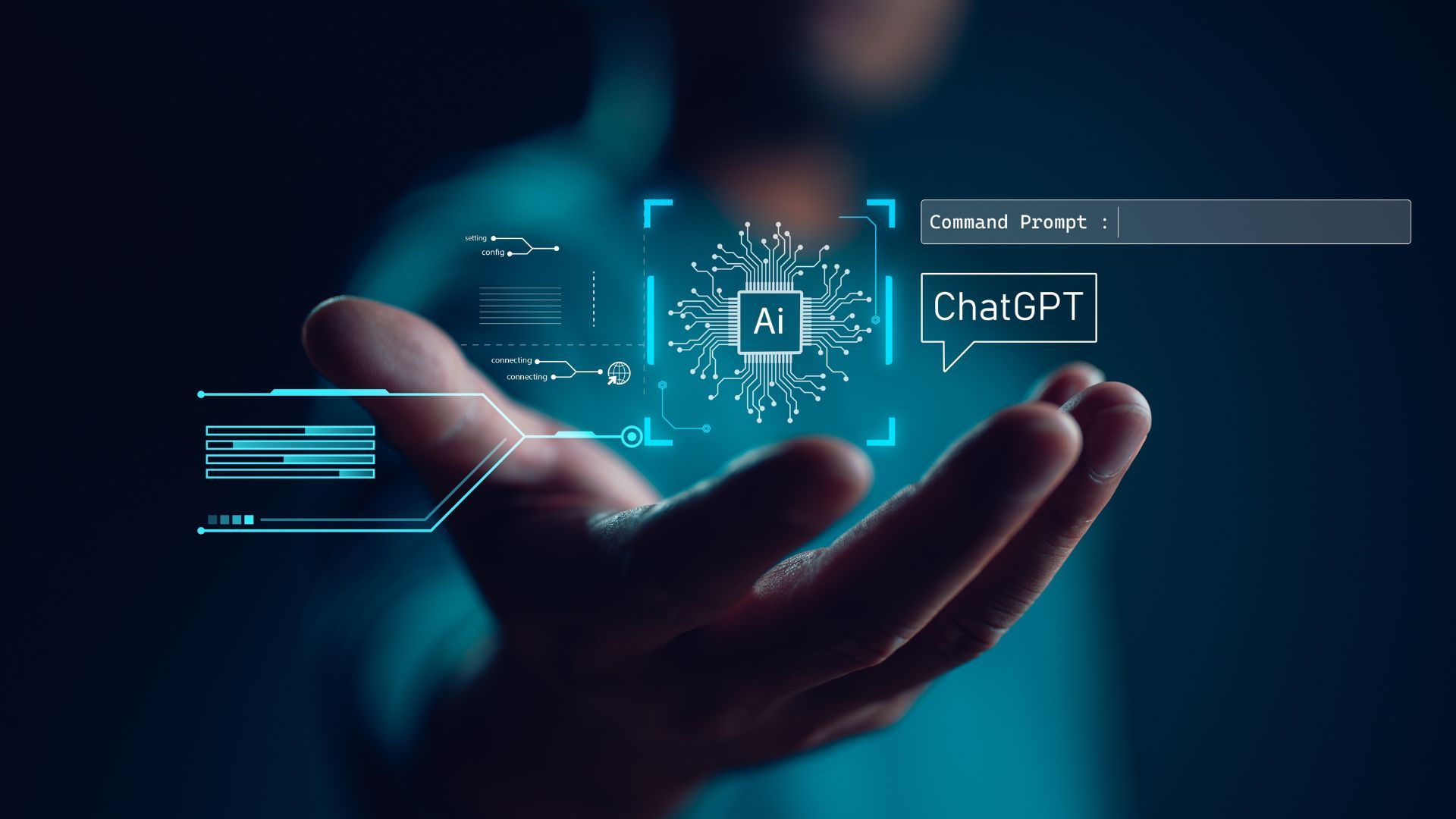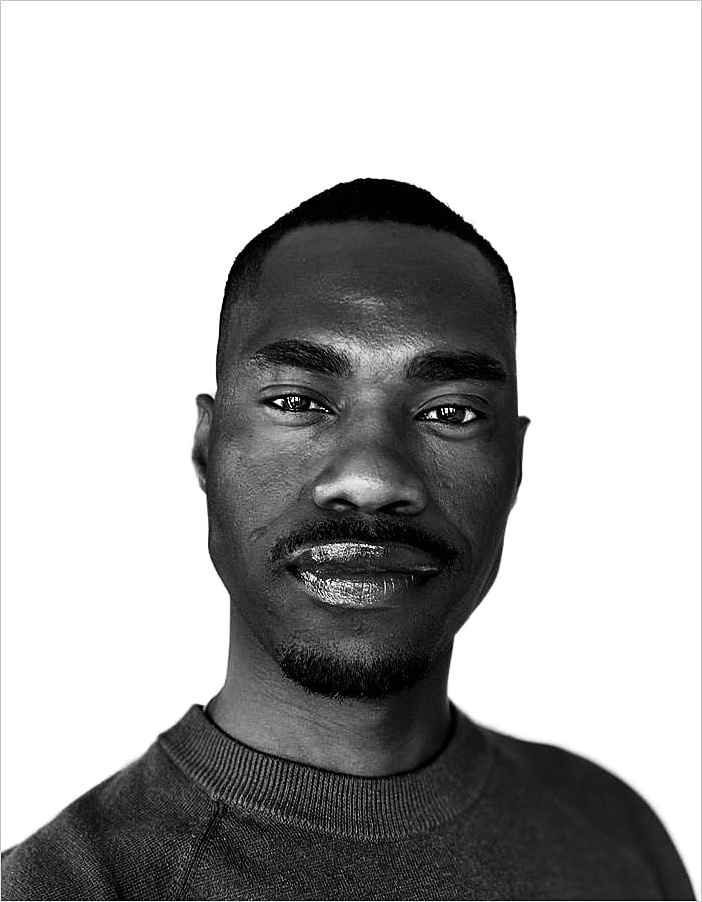Beneath the noise of ChatGPT clones, tech hype, and market speculation lies the silent revolution of AI — the one that reshapes governance, identity, and trust. This is the story of the unseen singularity.

Artificial intelligence dominates headlines — yet the story the world repeats is a decoy. We debate job losses, productivity gains, art theft, and ethics panels. But the real transformation is quieter, subtler, and far more profound. It is not about what AI does. It is about what AI becomes — an invisible infrastructure of cognition that is already rewriting the logic of civilisation.
The unspoken AI story is not automation; it is absorption. AI is not merely a tool added to human systems. It is the silent substrate into which human systems dissolve.
Beneath every email, every search, every policy draft and stock trade, there are models silently interpreting, ranking, predicting, and shaping outcomes. AI has moved from tool to terrain.
Governments regulate data, yet rely on models built from it. Banks automate risk but cannot explain it. Media fact-checks disinformation while algorithms amplify it. The entire edifice of modern trust is now mediated by systems no one fully comprehends.
This is not science fiction. It is systemic transformation — cognition outsourced, decision-making diffused, authority displaced from human to hybrid intelligences.
Just as industrial capitalism built supply chains of goods, AI capitalism builds supply chains of cognition. Data extraction feeds model training; model outputs feed decision loops; feedback loops feed new data. The result is not intelligence but dependency.
Every government, corporation, and citizen now depends on unseen model logic. When ChatGPT, Gemini, or Claude answer questions, they do not merely inform — they govern perception. The new ruling class is not political elite but computational infrastructure.
While policymakers warn of existential AI apocalypse, the real catastrophe is incremental capture — the slow replacement of human deliberation with invisible convenience. When we stop thinking critically because AI thinks faster, civilisation shifts from self-governed to pre-programmed.
No explosions. No robots. Just extinction of discernment.
The future battle will not be between human and AI, but between synthetic trust and lived experience. Can societies discern truth when algorithms curate all knowledge? Can democracies survive when persuasion is personalised at planetary scale?
AI’s silent revolution is epistemic. It redefines what it means to know. The cost of convenience may be cognition itself.
The untold AI story must now pivot from hype to stewardship. We need conscious governance — design frameworks that embed ethics, human dignity, and planetary limits into machine logic.
The choice is not whether AI replaces humans. It already has, in cognition’s quiet corners. The question is whether humans can design meaning before meaning itself becomes machine-readable code.

Kelly Dowd, MBA, MA, is a Systems Architect, Author of ‘The Power of HANDS’, and Editor-in-Chief of WTM MEDIA. Dowd examines the intersections of people, power, politics, and design—bringing clarity to the forces that shape democracy, influence culture, and determine the future of global society. Their work blends rigorous analysis with cultural insight, inviting readers to think critically about the world and its unfolding narratives.

At the intersection of brain chemistry and human longing, intimacy between men reveals a landscape of vulnerability, reward, and identity. This article delves into how neural circuits, hormonal dynamics, and psychological frameworks undergird male-male intimacy—why it matters, why it unsettles, and why it offers one of the deepest paths to self-knowledge and human connection. By combining neuroscience, endocrinology, and relational psychology, this piece argues that male intimacy is not a peripheral luxury but a core human imperative: a frontier where biology and spirit collide.

AI is reshaping medicine from diagnostic tool to empathic collaborator — a transformation that redefines care, ethics, and the essence of healing itself.

Across alliances, borders, and institutions, power is increasingly exercised without trust. This article examines how legitimacy—not military strength or economic size—has become the decisive variable in global stability, and why its erosion now threatens international order.